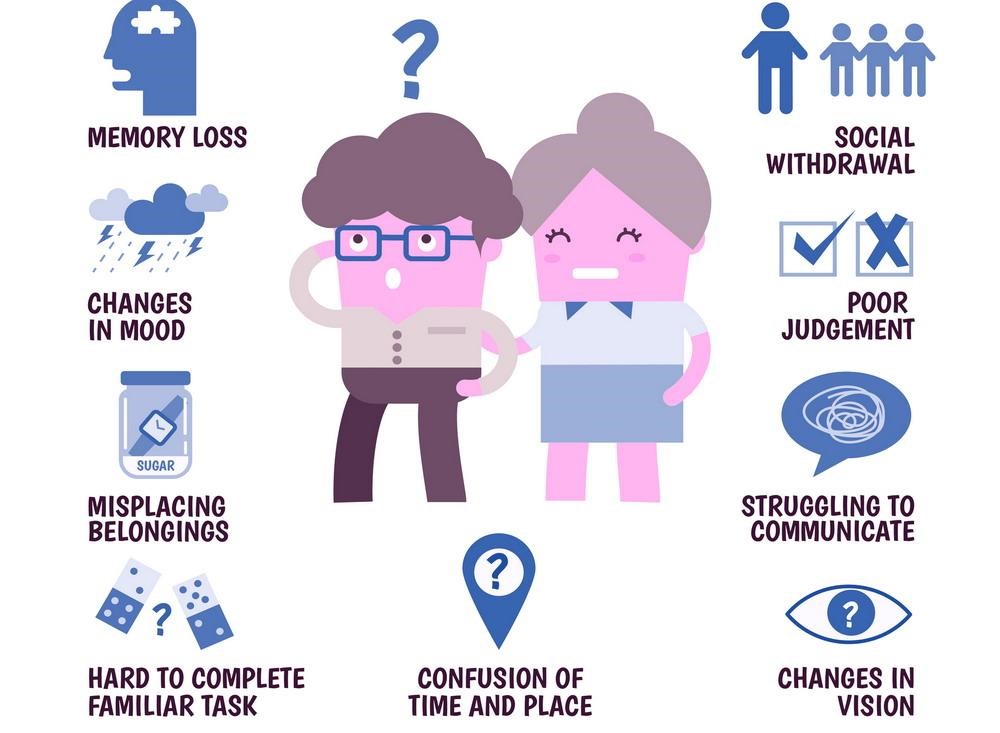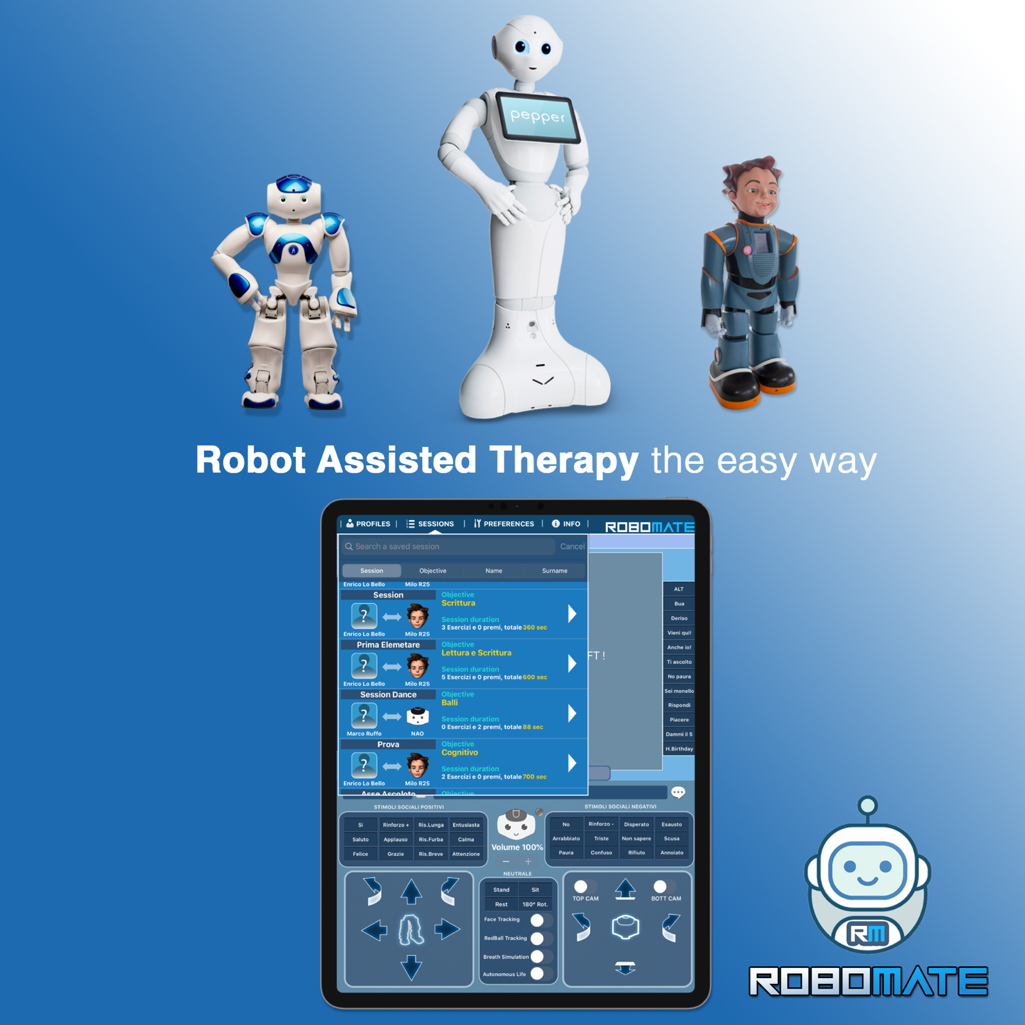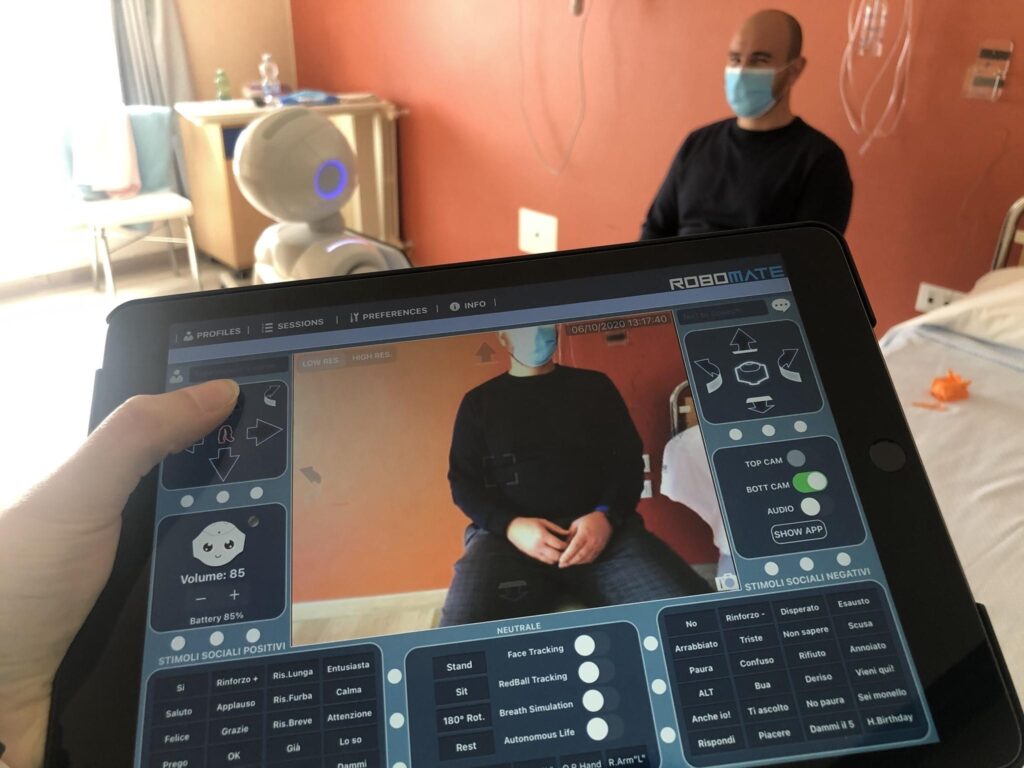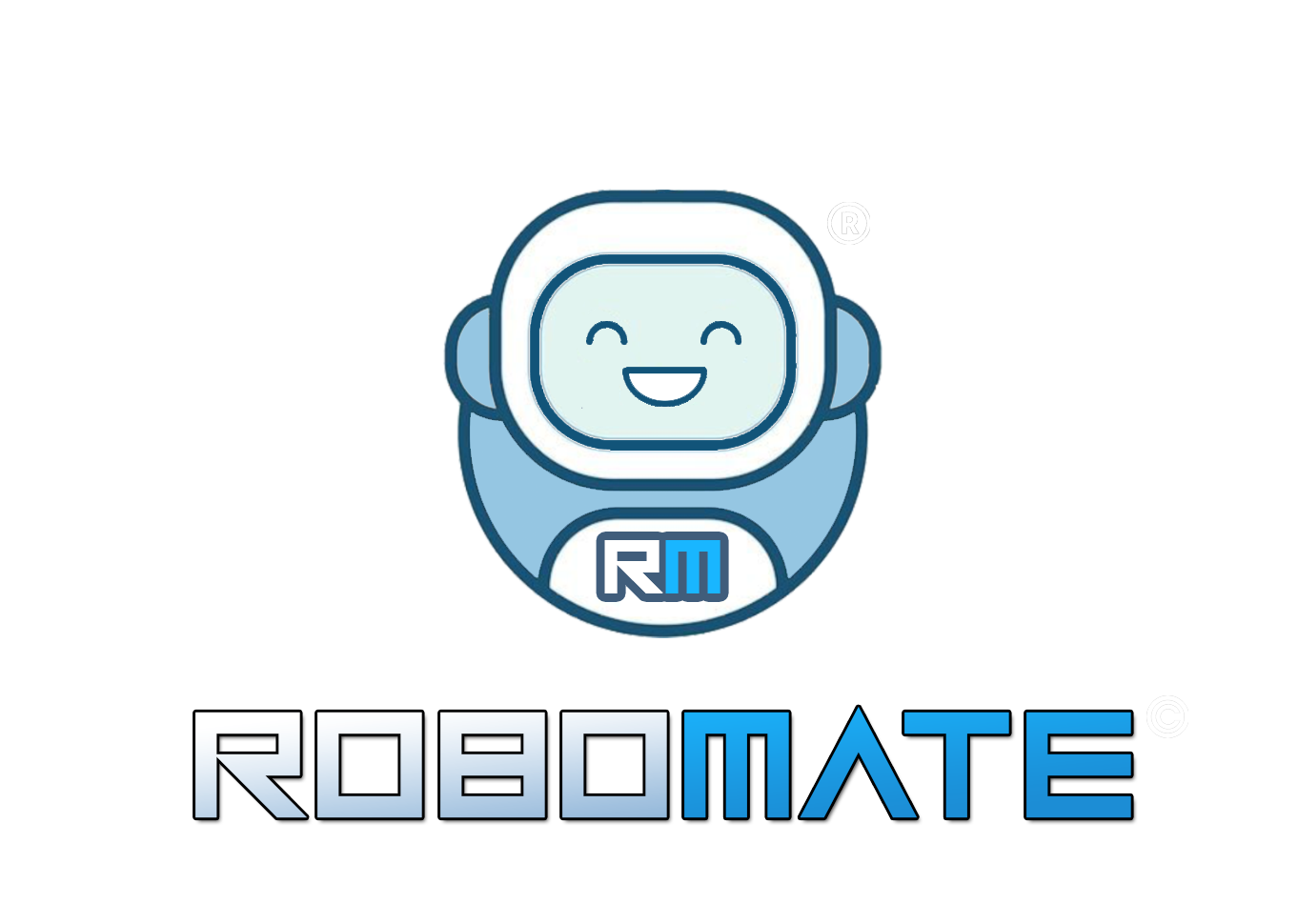Robomate Health
Delivery and management of cognitive remediation and rehabilitation programs
Neuro developmental disorder therapy
Autism


In Italy half a million people live in this condition and the guarantees for them are very few.
Autism, or better known as “autism spectrum disorders”, is a neurodevelopmental disorder that mainly involves language and communication, social interaction, narrow, stereotyped interests and repetitive behaviors.

In the USA, one in 44 children are involved, in California one in every 26. Covid has given the coup de grace The lockdown made ad hoc routes for these guys even more difficult.



Dementia
The number of adults (over-40s) with dementia worldwide is projected to nearly triple, from around57 million in 2019 to 152 million in 2050, mainly due to population growth and aging


Dementia. In Italy the over 65s are 13.8 million. With an increasing elderly population there is a need for targeted treatment of physical and mental health: over a million people with dementia, about 3 million caregivers. Network, patient, family, integration are the 4 keywords for the creation of services and good practices that aim at the maximum capacity for self-management
Based on projections, the number of people with senile dementia worldwide will increase from 57 million in 2019, to 83 million in 2030, to 152 million in 2050.
RoboMate Health, is a Medical device and digital therapy software, for training and rehabilitation programs.
RoboMate is defined by “MANUAL ON BORDERLINE AND CLASSIFICATION IN THE COMMUNITY REGULATORY FRAMEWORK FOR MEDICAL DEVICES”
Software for delivery and management of cognitive remediation and rehabilitation programs.
This software is designed to deliver and manage cognitive remediation and rehabilitation programs and is intended to be used for the treatment of a variety of neurotrauma, neurodegenerative and neuropsychiatric conditions.


The software contains different programs designed for targeted stimulation of cognitive functions, by using interactive games and exercises. Such cognitive functions include executive functions (reasoning and strategy), verbal memory, visual memory, spatial memory, auditory memory, processing speed. This software also allows the clinician to plan, monitor and assess the patient’s progress throughout the treatment plan.
Based on the intended purposes, namely the treatment of disease, injury or handicap, this software should be qualified as a medical device. When such software qualifies as a medical device it shall be classified as class I medical device according to rule 12 of Directive 93/42/EEC.
Recent studies suggest that interaction with robotic systems (androids, mechanical arms, mobile machines, multimodal interfaces) can trigger imitative behavior. The neural mechanism underlying the coding of observed actions can be helped to process simpler social stimuli. All this can help the subjects to learn to identify, interpret and use emotional information thus increasing the ability to adapt to the social context. Individuals with Autism Spectrum Disorders focus their attention on individual details, while the interaction with a robot allows the individual to focus on the limited, reproducible and modular number of communication modes of the robot. Understanding and teaching emotion processing and facial expression recognition has important clinical significance. The robots can also be easily programmed and adapted, an ad hoc treatment is created for each child.
What is roboMate?
- Administer e-Learning and “edutainment” contents, rehabilitation and qualification activities,
- Track and store the results of the sessions performed
- Generate reports and statistics on the results of the sessions performed
Unlike other existing platforms that mostly use a Web interface and / or application software developed ad hoc, roboMate was created mainly to be fully integrated and used through an anthropomorphic humanoid robot, which represents the direct communication channel between the conveyed content and the pupil, and a Tablet device as a reinforcing and feedback element where the pupil himself responds and or interacts with the training session in progress. In this sense, the robot acts as an executor and receiver of feedback relating to the training process conveyed together with the tablet.
Who is the application for?
- Improvement of social interactions
- Recognition of emotions in third parties
- Recognize imitations
- Enhance shared attention
- Memory improvement
- Symbol recognition (PECS) and association of these with actions and objects
- Performing actions and operations
- Improvement of verbal exposure
- Respect for the shift etc.
Robomate features :
- RoboMate can elicit greater verbalization than a social interaction partner, an adult human.
- RoboMate increases social interaction with another person, more than an adult, or a computer game does.
- RoboMate, with appropriate clinical guidance, may make useful supplements to communication and social skills interventions
RoboMate can be used with children with:
- ASD
- ADHD disorder
- Cerebral palsy
- Coordination development disorder
- Learning deficit
